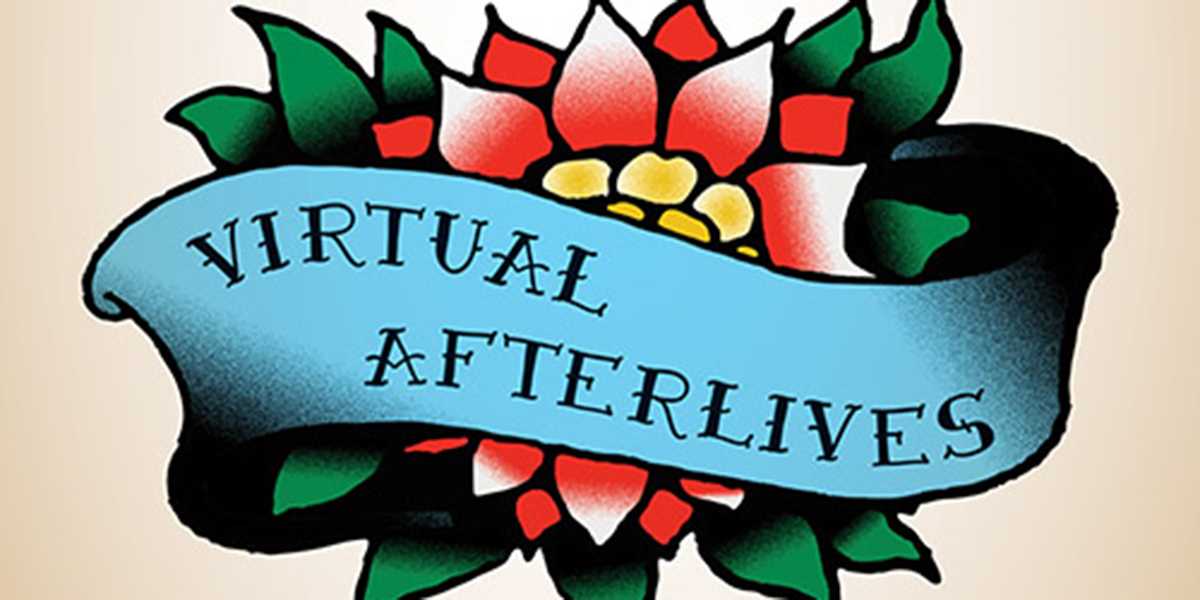Baylor prof’s book studies ‘Virtual Afterlives,’ from tattoo tributes to mobile memorials

You’ve seen the car decals, the t-shirts, perhaps even the tattoos honoring someone’s loved one. They’re all covered — along with the answer to “why?” — in Baylor professor Candi Cann’s new book, Virtual Afterlives: Grieving the Dead in the 21st Century.
Dr. Cann, an assistant professor in Baylor’s Honors College and the Baylor Interdisciplinary Core (BIC), refers to such approaches as “do-it-yourself memorials,” which make sense in a society that has in many ways moved away from traditions such as a funeral Mass. Instead, we save voicemails from the deceased on our phones and set up websites in memory of our loved ones.
One young woman Cann found had opted to memorialize her grandmother with a tattoo of a bottle of window cleaner, accompanied by the sentiment “Put some Windex on it” — a frequent admonition of her grandma. Others have their loved one’s cremated remains mixed with ink that is then used to etch the tattoo. Some tombstones now bear QR codes, which send visitors to a website that tells the deceased’s story.
In the book, Cann investigates both traditional and non-traditional manners of mourning, from the U.S. to Asia and Latin America, and evaluates how religion and the funeral industry have contributed to how people mourn. “When bereavement is no longer given public space in society or culture, people must create and adopt alternative forms of mourning to help them navigate public space with their altered status as grieving individuals,” she says. “My work examines where, how, and why these new forms of memorialization are occurring.”
Sic ’em, Dr. Cann!

